Opportunities and challenges for businesses
At the Conference on International Integration 2025, organized by the Department of Industry and Trade of Ca Mau province in coordination with the Vietnam Federation of Commerce and Industry (VCCI) in the Mekong Delta region recently, experts and representatives of functional agencies pointed out many opportunities as well as challenges for local enterprises when approaching the Halal market.
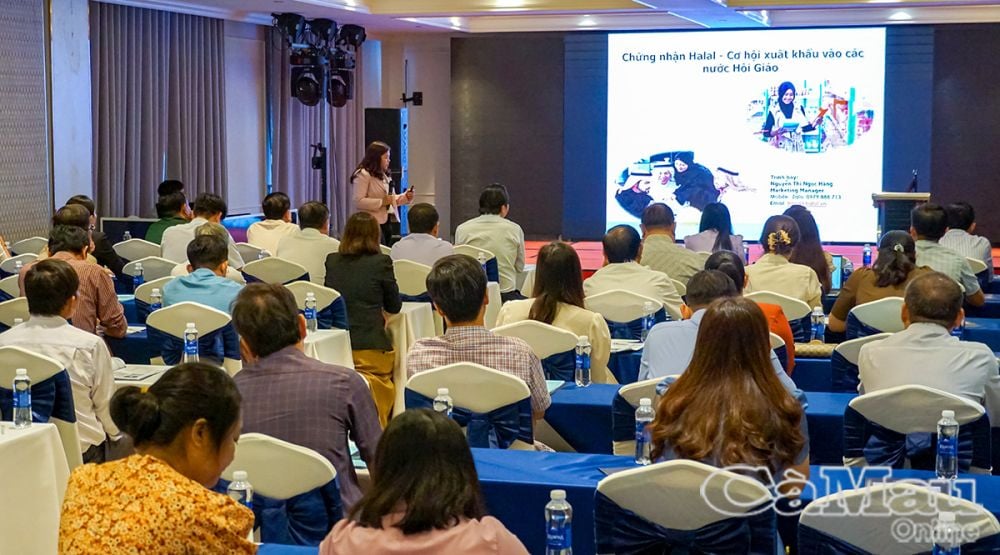
Delegates attending the 2025 International Integration Conference, with the theme "Halal Certification - Export Opportunities to Muslim Countries".
Ms. Nguyen Thi Ngoc Hang, Marketing Director of Halal Certification Office, Halal Training and Certification Expert, said that the global Muslim community currently has more than 1.7 billion people, of which more than 1.3 billion people live in Asia, 446 million people in Africa, the rest are scattered in Europe and America. These are potential consumer markets with increasing demand for Halal-certified products.
It is forecasted that by 2028, the global Halal market will reach a size of 3,000 billion USD and may exceed 15,000 billion USD by 2050. However, to penetrate this market, businesses must comply with a series of strict standards. Ms. Hang noted: Indonesia requires printing 2 Halal logos at the same time (domestic logo and logo of the exporting country's certification organization); Saudi Arabia only recognizes certificates from organizations registered by this country; and Malaysia prohibits the label "Halal" without certification from an organization approved by JAKIM...
Take advantage, diversify output
According to Ms. Huynh Thien Trang, Deputy Director of VCCI in the Mekong Delta region, in 2024, the export turnover of the whole region will reach 28.2 billion USD, of which Ca Mau will contribute 956 million USD, ranking 9th out of 13 provinces and cities in the region. In the first quarter of 2025 alone, the province's export reached 244 million USD, reflecting great potential if exploited in the right direction.
Ms. Trang commented that Ca Mau's key industries such as seafood and processed agricultural products have the advantage of meeting Halal standards if there is proper investment. In the context that some traditional markets such as the US are imposing anti-dumping taxes of up to 46% on some products, shifting to Muslim markets in the Middle East, Southeast Asia and Africa is a strategic solution to reduce risks and increase export value.
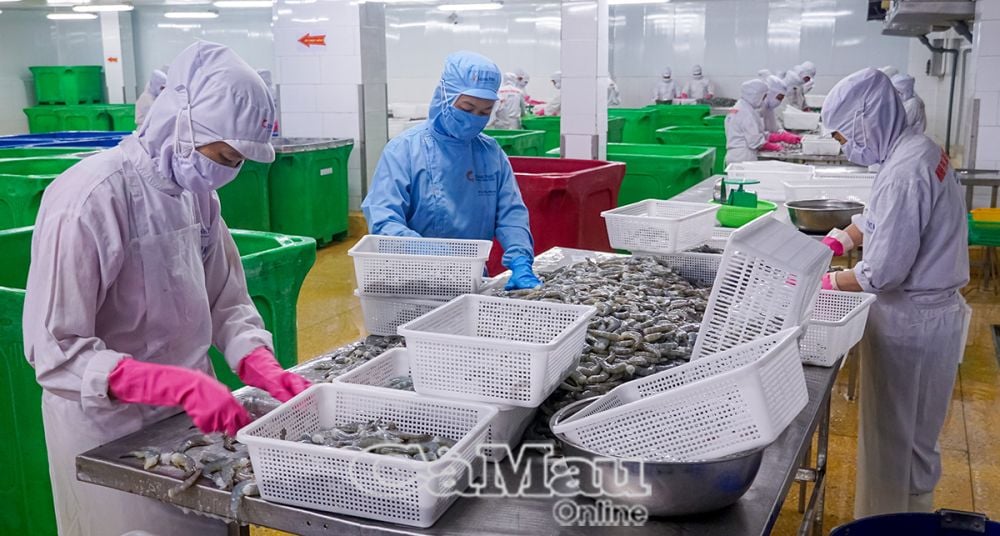
Ca Mau's key industries such as seafood and processed agricultural products all have advantages to meet Halal standards if there is proper investment.
Mr. Duong Vu Nam, Deputy Director of the Department of Industry and Trade of Ca Mau province, said that Halal certification is not only a religious requirement, but also demonstrates quality, food hygiene and safety and respect for consumer culture, factors that are increasingly of interest to global consumers. However, Mr. Nam acknowledged that the level of access to the Halal market by enterprises in the province is still modest. The lack of information, difficulties in choosing a reputable certification organization and the lack of standardized production processes have prevented many enterprises from effectively exploiting the potential of this market.
In light of this, the organization of the seminar “Halal Certification - Opportunities for Export to Muslim Countries” is an important step to equip businesses with the necessary knowledge and information. Here, experts shared specific information about the certification process, packaging, labeling, logo printing as well as import regulations of each country.
Turn potential into opportunity
Accompanying businesses, the Government has issued the Project "Strengthening international cooperation to build and develop Vietnam's Halal industry by 2030", creating a legal foundation and support corridor for businesses to gradually conquer the global Halal market.
Mr. Chau Cong Bang, Deputy Director of the Department of Agriculture and Environment of Ca Mau province, said that currently, enterprises, cooperatives and farmers can fully take advantage of the opportunity to develop Halal products through official access channels such as forums, conferences, and online environments, to thoroughly understand the conditions and production standards and choose products that are suitable to local advantages, such as fresh seafood.
Mr. Bang also recommended that production units should carry out production according to regional planning, strictly comply with supply chain linkage conditions, maintain standards after being certified, and actively participate in domestic and foreign trade promotion. In addition, it is necessary to effectively utilize programs and projects invested by the State to build a stable and sustainable supply source for the Halal market.
The Halal market is one of the strategic directions contributing to bringing Ca Mau goods to the world. However, to effectively take advantage of this opportunity, enterprises need to proactively innovate their thinking, invest systematically, cooperate closely with authorities and comply with international standards.
The recent Halal Conference in Ca Mau was not only a place to share knowledge and update market trends, but also a strong call for local businesses to proactively transform themselves from improving production processes, choosing reliable certification partners, to building export strategies in line with international standards. This is a necessary step to realize potential, enhance competitiveness and gradually bring Ca Mau's brand to the global market.
"Halal" is an Arabic word, derived from the Quran - meaning "permissible", "permissible" or "lawful". Permissible here in the Islamic definition means following the rules of Islam.
The term "Halal" is most often mentioned when referring to food. Accordingly, the Halal standard is defined as the Islamic Food Standard. It refers to the requirements for food that are in accordance with the regulations of Islam.
Halal certification is the activity of testing, evaluating and granting certificates by authorized Halal Certification Bodies (CBs), to assess whether the enterprise's products meet the requirements of Islamic Law related to Halal food or not.
Halal Certificate or Halal Certification is issued after a business demonstrates compliance with the requirements of Halal standards.
Hong Phuong
Source: https://baocamau.vn/chu-dong-tiep-can-thi-truong-halal-a38829.html



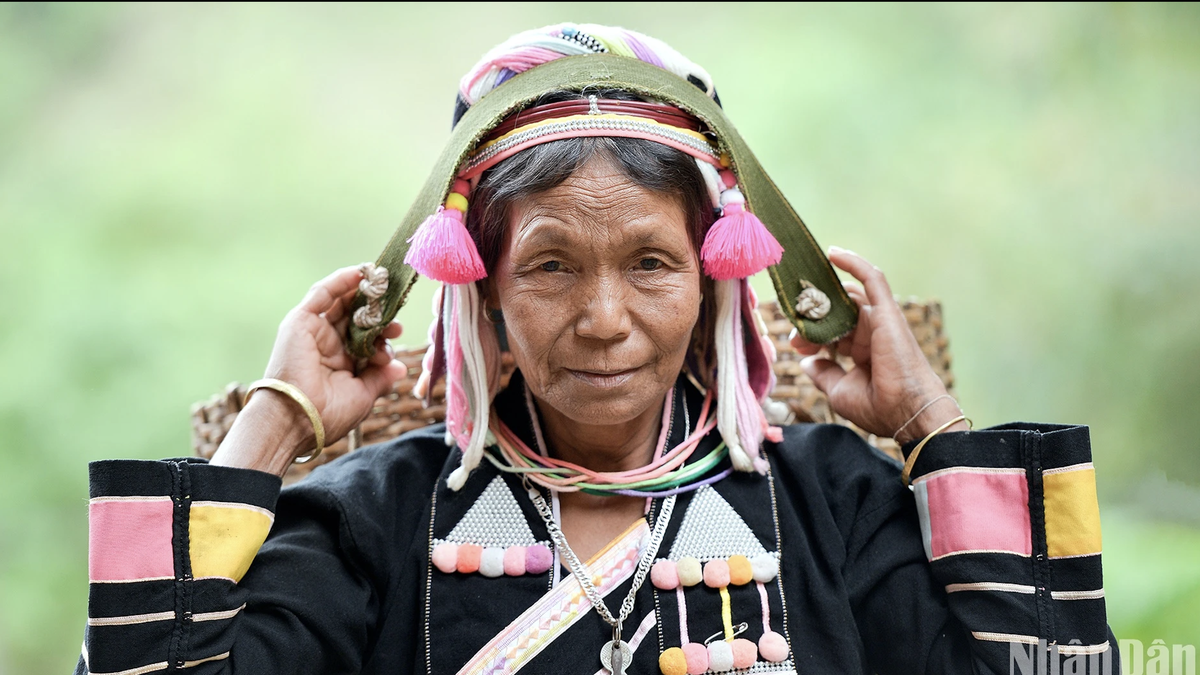

![[Photo] General Secretary To Lam begins official visit to Russia and attends the 80th Anniversary of Victory over Fascism](https://vphoto.vietnam.vn/thumb/1200x675/vietnam/resource/IMAGE/2025/5/8/5d2566d7f67d4a1e9b88bc677831ec9d)

![[Photo] Prime Minister Pham Minh Chinh meets with the Policy Advisory Council on Private Economic Development](https://vphoto.vietnam.vn/thumb/1200x675/vietnam/resource/IMAGE/2025/5/8/387da60b85cc489ab2aed8442fc3b14a)
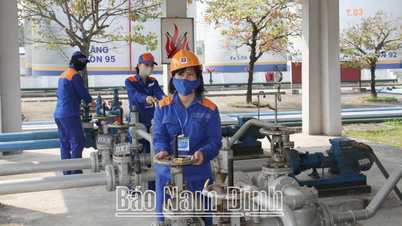

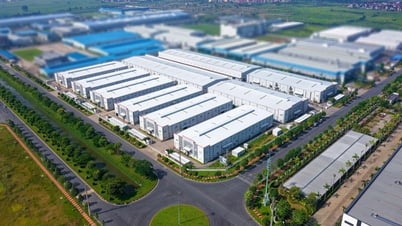

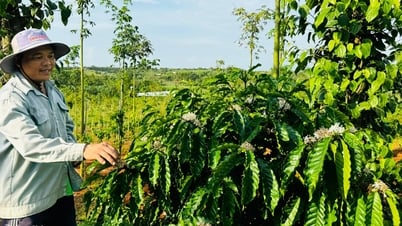





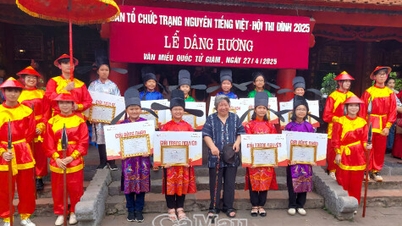


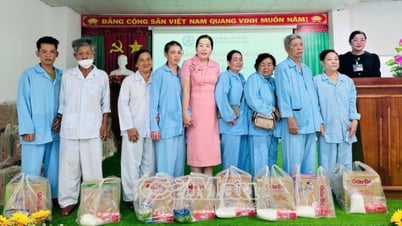


![[Photo] National Assembly Chairman Tran Thanh Man chairs the meeting of the Subcommittee on Documents of the First National Assembly Party Congress](https://vphoto.vietnam.vn/thumb/1200x675/vietnam/resource/IMAGE/2025/5/8/72b19a73d94a4affab411fd8c87f4f8d)








































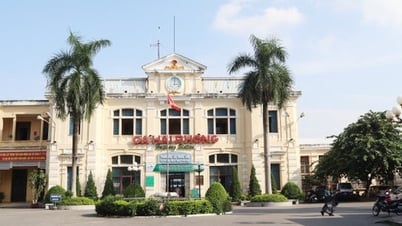











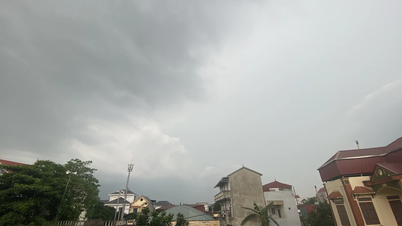


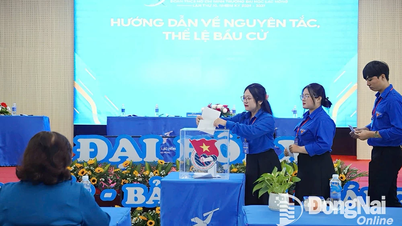











Comment (0)